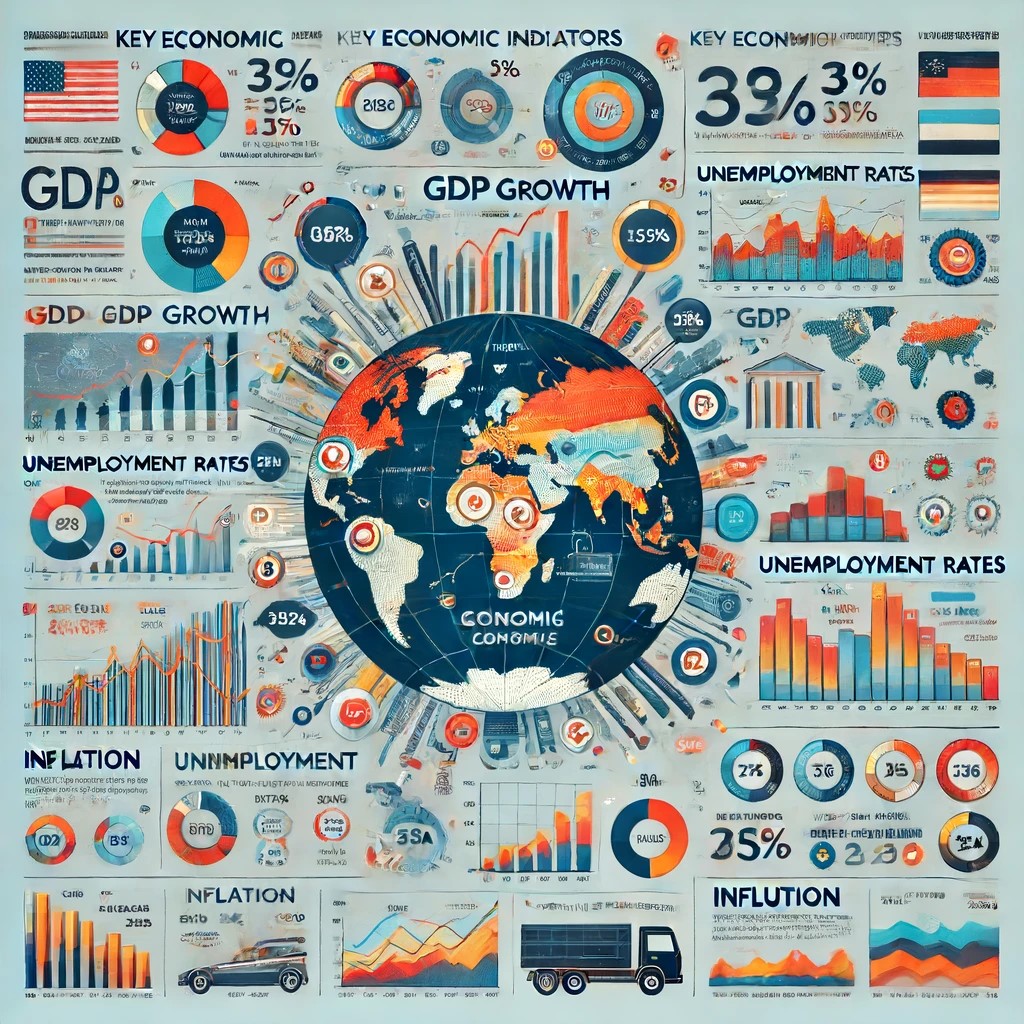The Future of Financial Inclusion
Financial inclusion represents the accessibility and availability of financial services to all segments of society, particularly those traditionally underserved by the banking sector. This concept is pivotal in driving economic equality and promoting widespread economic growth and stability. This article delves into the evolving dynamics of financial inclusion, highlighting current trends and forecasting future developments that could reshape how financial services reach the broader population.

Current Trends in Financial Inclusion
Digital Technology Advancements: The rise of digital banking platforms, mobile money solutions, and fintech innovations has dramatically transformed financial inclusion. Technologies such as mobile banking apps and internet banking have brought financial services to people without access to traditional banking facilities, especially in remote or underserved areas.
Regulatory Support and Initiatives: Governments and international bodies have increasingly recognized the importance of financial inclusion. Initiatives aimed at reducing barriers to entry and encouraging financial participation have seen the implementation of policies that support microfinance institutions and fintech startups.
Partnerships Between Banks and Fintech: Traditional banks are increasingly partnering with fintech companies to leverage their technology and outreach. These partnerships often aim to create more inclusive financial products and services tailored to the needs of underserved communities.
Focus on Financial Literacy: Enhancing financial literacy is crucial for effective financial inclusion. Educating people about financial products and services, managing personal finances, and understanding digital tools are fundamental to ensuring that the newly banked can effectively use the services available to them.

Future Predictions for Financial Inclusion
Expansion of Mobile Financial Services: With the widespread adoption of smartphones, mobile financial services are set to expand further. Future innovations may include more sophisticated mobile banking solutions, which could encompass advanced features like AI-driven personal financial management, further reducing the reliance on physical bank branches.
Greater Use of Blockchain Technology: Blockchain holds promise for enhancing financial inclusion by reducing transaction costs and improving transparency in financial operations. Future applications could include decentralized banking solutions and blockchain-based identity verification systems to facilitate secure and accessible financial transactions for all segments of society.

Increased Focus on Underserved Markets: As markets in developed countries become saturated, financial service providers are likely to turn their focus increasingly towards emerging markets and underserved segments in developed nations. Tailoring products to the cultural and economic contexts of these markets will be crucial.
Integration of Financial Services with Non-Financial Services: Looking ahead, we may see a more holistic approach to inclusion, where financial services are integrated with other essential services such as healthcare, education, and utilities. This integration can help streamline consumer access to a range of services, enhancing overall quality of life and economic stability.
Conclusion
The future of financial inclusion is intricately linked to technological advancement and regulatory frameworks that encourage innovative and inclusive financial practices. As the landscape evolves, the focus will likely shift from simply providing access to ensuring that financial services are relevant, equitable, and beneficial to all individuals. This broader approach will not only promote financial stability but also support broader socio-economic development goals, ultimately contributing to global economic equality and sustainability.






